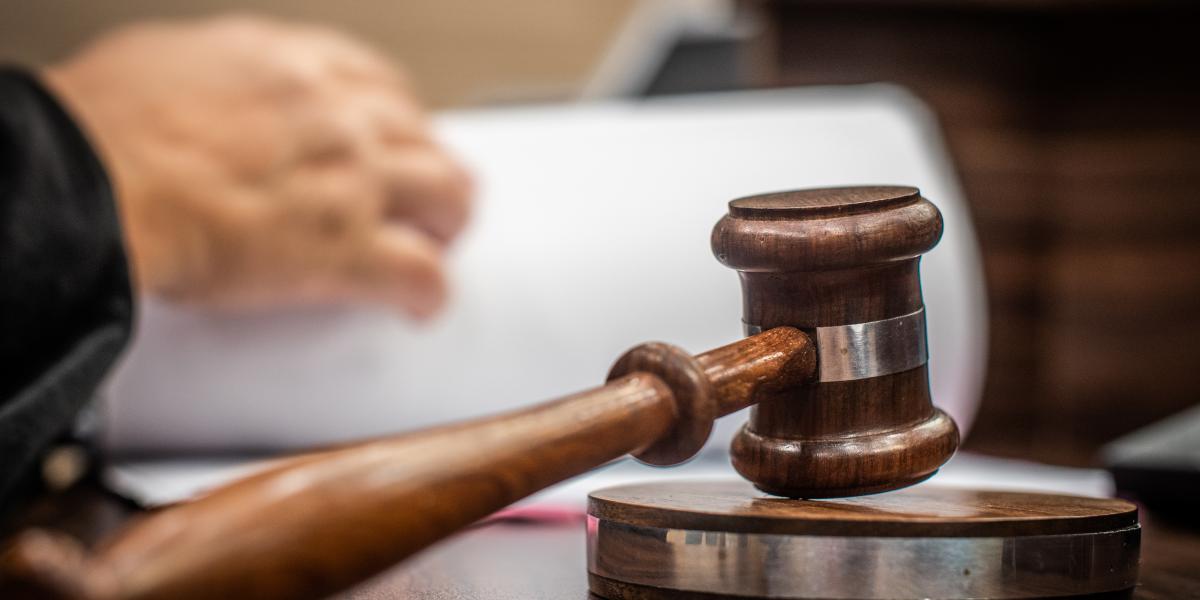The Florida appeal process is designed to review court decisions to ensure justice and accuracy. Unlike a trial, an appeal does not re-examine the facts of a case or hear new evidence; it focuses solely on determining if legal errors occurred that could have impacted the outcome. Understanding the role of Florida appeal lawyers in this process and what to expect can help you navigate this complex area of law.
1. What Is an Appeal?
An appeal is a formal request to a higher court to review the decision of a lower court. In Florida, appeals are typically handled by the District Courts of Appeal or, in some cases, the Florida Supreme Court. This review is not a retrial; rather, it evaluates whether the law was applied correctly during the original trial.
Common Reasons for Appeals:
- Incorrect application of the law
- Procedural errors that affected the case
- Insufficient evidence to support the original verdict
- Constitutional violations
2. The Role of a Florida Appeal Lawyer
A Florida appeal lawyers specializes in analyzing trial records, identifying legal errors, and crafting persuasive arguments to present to appellate courts. The role of an appellate attorney differs significantly from that of a trial attorney. While trial lawyers focus on gathering evidence and building a case for jury or judge consideration, appellate lawyers focus on legal arguments and precedent.
Key Responsibilities of an Appeal Lawyer:
- Analyzing Trial Records: Reviewing transcripts, evidence, and rulings to identify possible errors.
- Preparing Appellate Briefs: Writing detailed briefs that argue why the trial court’s decision should be overturned or upheld.
- Presenting Oral Arguments: When permitted, presenting arguments to a panel of judges to clarify and reinforce the points made in the brief.
3. Steps in the Florida Appeal Process
The Florida appeal process involves several stages, each of which requires careful attention to detail. Appellate lawyers are skilled at guiding clients through these steps, ensuring that all necessary filings are complete and timely.
Step 1: Notice of Appeal
To begin an appeal, the appellant (the party requesting the appeal) must file a Notice of Appeal with the court that issued the original decision. This document must be filed within a strict deadline, usually 30 days from the date of the judgment.
Step 2: Preparing the Record on Appeal
The trial court record, which includes all documents, transcripts, and evidence from the original case, is prepared and sent to the appellate court. This record is crucial, as the appellate court will base its review on the trial’s existing documentation.
Step 3: Writing the Appellate Briefs
The appellant’s attorney submits an initial brief outlining the arguments for why the trial court’s decision should be reversed. This document includes references to relevant statutes, case law, and legal precedents. The opposing party, known as the appellee, will respond with an answer brief, defending the original ruling. Finally, the appellant may submit a reply brief to counter the appellee’s arguments.
Step 4: Oral Arguments
Oral arguments are sometimes held in appellate cases, although they are not always required. During this stage, both parties have the opportunity to present their cases to a panel of appellate judges and answer any questions the judges may have. Effective oral arguments require an appellate lawyer skilled in speaking persuasively and thinking quickly.
Step 5: The Court’s Decision
After reviewing the briefs and hearing oral arguments (if held), the appellate court issues a written decision. The court may affirm the lower court’s decision, reverse it, or send the case back for further proceedings. This decision is often final, although it may be appealed further under specific circumstances.
4. Common Outcomes of an Appeal
The appellate court’s decision can result in several possible outcomes. These include:
- Affirmation: The appellate court agrees with the lower court’s decision, and the original ruling stands.
- Reversal: The appellate court disagrees with the lower court’s decision, potentially leading to a new trial or a different outcome.
- Remand: The case is sent back to the lower court for further proceedings, often with specific instructions on how to correct the identified errors.
- Modification: The appellate court may alter certain aspects of the lower court’s decision without completely overturning it.
5. Understanding the Timeline and Costs
The appeals process in Florida can be lengthy, sometimes taking months or even over a year to reach a resolution. Factors influencing the timeline include court caseload, complexity of the case, and whether oral arguments are required. Appeals also involve legal costs, including attorney fees, filing fees, and potential costs for preparing transcripts and other documentation.
6. Choosing the Right Florida Appeal Lawyer
Selecting a qualified Florida appeal lawyers is crucial for a successful appeal. Look for an attorney with experience in appeals, a deep understanding of Florida’s appellate rules, and a strong track record in your type of case, whether it’s criminal, civil, or administrative.
Questions to Ask When Choosing an Appeal Lawyer:
- What is your experience with appellate cases similar to mine?
- How do you approach preparing briefs and oral arguments?
- Can you provide examples of successful appeals you’ve handled?




